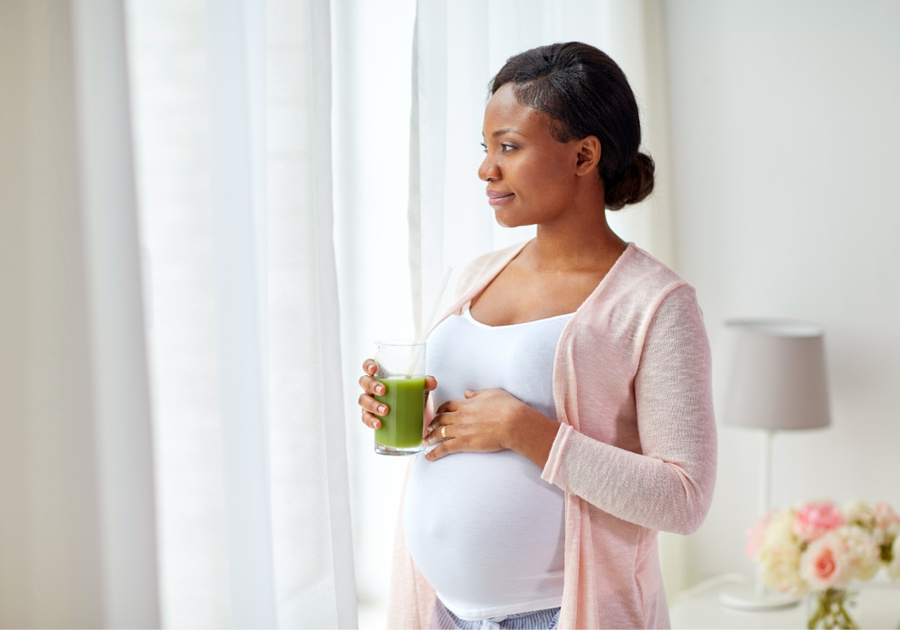Morning sickness is a combination of hypoglycemia and motion sickness. I learned a lot about how to help my patients decrease the effects of morning sickness by listening to their stories about what worked for them and others. These little-known tips can make all the difference for women who are struggling with pregnancy nausea.
1. Eat BEFORE you get out of bed.
Keep something beside the bed that you can eat before you get up. Crackers are often recommended, along with juice of some sort to supply sugar. When you wake up, eat the crackers and drink the juice, then lie back down for 10 to 15 minutes so the food can settle. (This is not the time to stick to a low carb diet!)
2. Shower AFTER breakfast.
Resist the urge to get up and go straight to the shower. Instead, get up and eat a good breakfast with fat, protein, and carbohydrates — like bacon, eggs, and toast. If, like so many of us, you are wedded to the cold cereal breakfast and can’t stand the notion of eggs and bacon, try oatmeal. Add butter and a bit of sugar, and have an egg with it for protein, or even a slice of unprocessed cheese. The food raises your blood sugar and stabilizes your blood pressure.
3. Avoid driving until after you have rested another 10 minutes.
You don’t want to be driving with your window down and holding your head out the window trying to combat nausea.
4. Eat like a diabetic.
Eat three meals a day with three little meals in between. All meals should include protein, fat, and carbohydrates. Aim for 1/3 carbohydrates, 1/3 fat, and 1/3 protein in a meal. 40 percent carbohydrates, 40 percent protein, and 20 percent fat also works. If you are on a balanced diet, three big and three small meals will cause you to gain about 2 to 3 pounds per month. If you are carrying twins or multiples, you will gain about 4 pounds per month.
5. Use medication as a last resort.
If you find you cannot control the nausea with careful monitoring of your activity and diet, there are medications available. Of the three commonly prescribed drugs for morning sickness, studies show they do not produce birth defects or cause miscarriages — but they all have various side effects, including headache, dizziness, drowsiness, and diarrhea. If you are fortunate enough to be able to control morning sickness with diet and exercise, you can avoid adding any unknown or unnecessary risk to your pregnancy.
About the author: An obstetrician and maternal mortality expert, “Rural Doc” Alan Lindemann, M.D. teaches women and their families how to create the outcomes they want for their own personal health and pregnancy. In his nearly 40 years of practice, he has delivered around 6,000 babies and achieved a maternal mortality rate of zero! Learn more at LindemannMD.com.



